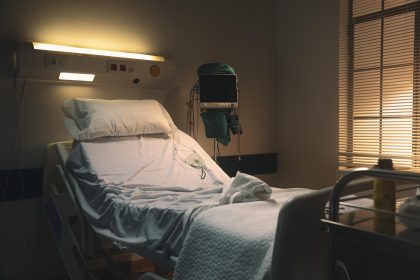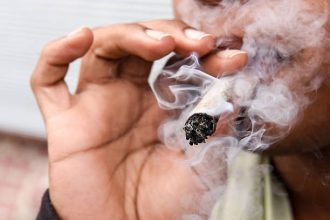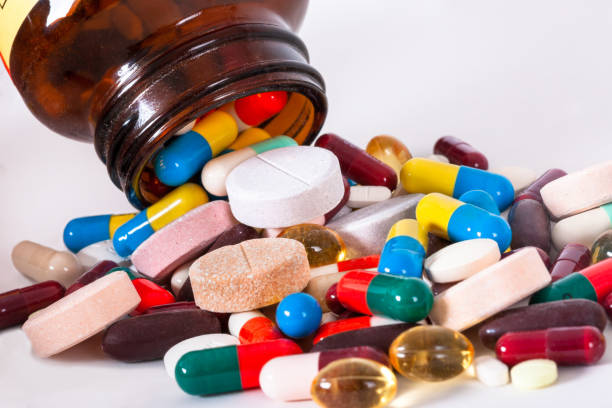Bernard Kitur, Nandi Hills MP, has proposed a ‘Health Promotion Levy’ on soft drinks to address rising sugar consumption.
The Finance Bill 2025 could make healthcare more expensive for all Kenyans by removing VAT exemptions on medicines, medical equipment, clinical trial kits, and specialised hospital construction equipment, subjecting them to 16 per cent tax from July 1, 2025. This threatens Kenya’s Universal Health Coverage goals and contradicts Article 43 of the Constitution, which guarantees healthcare access.
Under the proposed changes, public hospitals will face higher costs for supplies, and pharmacies may raise their prices. Ordinary Kenyans will be forced to dig deeper into their pockets just to receive basic treatment at public facilities. Currently, many healthcare items are exempt from VAT or taxed at lower rates, helping to keep costs low.
Amnesty International Kenya’s Section Director, Irungu Houghton, warns that introducing VAT on medicines and medical equipment would raise healthcare costs for millions. “Rather than leading to the progressive realisation of the constitutional right of all Kenyans to affordable healthcare (CoK Article 43), it will increase the incidence of Kenyan families facing medical catastrophe,” he says.
Civil societies and organisations like Amnesty International and the International Institute for Legislative Affairs (IILA) point out that the VAT changes will also raise the cost of raw materials for manufacturing medicine, transporting goods, and other essential services.
Increase taxes on tobacco products, which kill over 8,000 Kenyans each year
Some experts support increased taxes on products that harm public health. IILA proposed increasing taxes on tobacco products, noting that tobacco use kills over 8,000 Kenyans each year. Kenya’s tobacco tax rates currently stand at fewer than 40 per cent, below the World Health Organization’s (WHO) recommended 70 per cent of the retail price.
IILA also supports enhanced taxation on alcoholic beverages, calling for an increase in excise duty on beer from Ksh22.5 to Ksh33 per centilitre of pure alcohol, and retaining or raising excise duties for wine and spirits.
Bernard Kitur, Member of Parliament for Nandi Hills, has proposed a “Health Promotion Levy” on soft drinks to address rising sugar consumption. He believes such a levy will push manufacturers to reduce sugar content and encourage healthier choices. Kitur suggests funds from the levy should support school feeding programs, public health campaigns, and better healthcare infrastructure.
Specialised hospital construction and equipment inputs, which were previously exempt upon Cabinet Secretary approval, will now face 16 per cent VAT. Medical imports previously exempted under donor-funded projects will also be taxed, potentially affecting international healthcare aid and development programs.
Subjecting clinical trial kits to 16 per cent VAT will increase their operating costs
The Kenya Association of Manufacturers (KAM) warns that consumers will pay Ksh90 more per unit of medicine under the exempt regime, resulting in a five per cent increase in the retail price. Additionally, inputs or raw materials used to manufacture medical products are being moved from zero-rating to exempt status, further increasing production costs. The bill also proposes VAT claims will be reduced from 24 months to 12 months.
Roche Kenya, a global healthcare company, warns that subjecting clinical trial kits to 16 per cent VAT will increase their operating costs and limit research projects. This could lead to fewer medical advancements being made locally, as these trials help develop new treatments for various conditions.
The bill proposes major tax changes as the government seeks to raise more revenue. However, this could be a step backwards for Kenya, which has been working towards Universal Health Coverage – a goal that promises healthcare for all without financial hardship.
As the Finance Bill 2025 continues to move through Parliament, Kenyans are watching closely. Will the government prioritise revenue collection, or will it revise the bill to protect the health and well-being of its people?
























